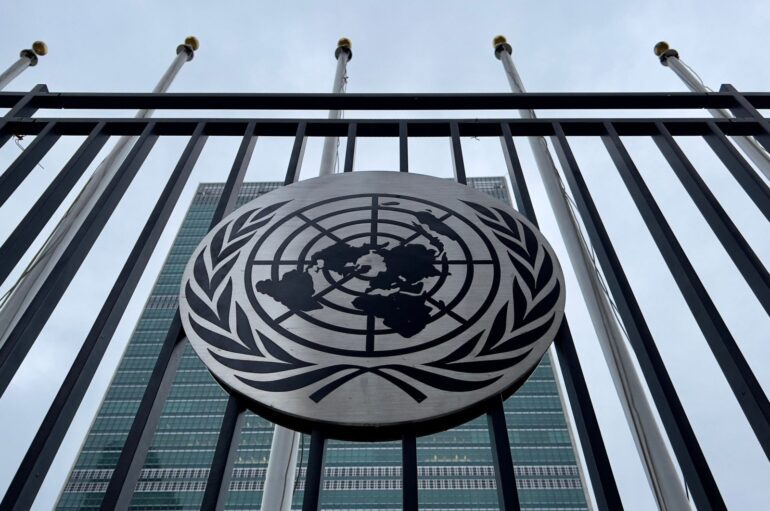- The United Nations unanimously adopted a resolution aimed at promoting the safe and trustworthy development of artificial intelligence led by the United States.
- Intensive negotiations over three months involved discussions with UN member nations, including adversaries like Russia and China, resulting in a comprehensive agreement.
- The resolution underscores the global recognition of AI’s significance beyond geopolitical divisions and emphasizes the need for ethical AI development.
- While asserting US leadership in the global AI landscape, the resolution lacks enforcement mechanisms, and China is already implementing its own regulations.
- Building upon previous international agreements, the resolution seeks broader inclusivity and representation in addressing AI governance at the global level.
- Divergent paths in AI regulation emerge, with initiatives such as Europe’s AI Act and President Biden’s executive order, highlighting the complexity of AI governance at the national level.
Main AI News:
The recent United Nations resolution, led by the United States, marks a significant milestone in the global push for the safe and responsible advancement of artificial intelligence (AI). This resolution, adopted unanimously on Thursday, underscores a collective commitment to ensuring the ethical development of AI technologies, representing one of the most comprehensive efforts to date in achieving international consensus on this crucial matter.
Behind the scenes, the initiative spearheaded by the United States involved intensive negotiations over the course of three months, engaging with representatives from various member nations of the UN Despite differences and contentious discussions, including with US adversaries such as Russia and China, significant progress was made towards reaching a consensus. According to a senior official from the Biden administration, who provided insights into the closed-door negotiations on the condition of anonymity, the process involved numerous robust exchanges to address concerns and incorporate feedback from all parties involved.
The unanimous adoption of the resolution by the United Nations highlights the recognition that AI transcends traditional geopolitical boundaries, signaling a collective acknowledgment of the importance of addressing AI-related challenges and opportunities on a global scale.
In striving to assert US leadership in the global AI landscape, the resolution represents a strategic move by the Biden administration to position the country at the forefront of AI development and governance. This initiative comes at a time when the European Union and other nations are forging ahead with their own regulatory frameworks, underscoring the urgency for the United States to assert its influence in shaping the international AI agenda.
While the resolution emphasizes the promotion of human rights in AI development, it is crucial to note that it lacks enforcement mechanisms to ensure compliance. Notably, China has already begun implementing its own regulations, reflecting the divergent approaches taken by different nations in addressing AI governance. Despite this, the resolution lays the groundwork for fostering greater collaboration and coordination among nations in navigating the complex landscape of AI governance.
This resolution builds upon previous international agreements on AI, including the Bletchley Declaration signed by key stakeholders last year. However, recognizing the need for broader inclusivity and representation, particularly of developing nations, the Biden administration sought to engage the United Nations in this endeavor, ensuring a more comprehensive and inclusive approach to addressing AI governance at the global level.
As nations chart their respective paths in AI regulation, it is evident that divergent approaches are emerging in response to the rapid evolution of AI technologies. From the European Parliament’s recent approval of the AI Act to President Biden’s executive order on AI, various initiatives are underway to address the multifaceted challenges posed by AI advancements. However, the lack of a clear path for comprehensive AI legislation in the US Congress underscores the ongoing complexity of navigating AI governance at the national level.
Conclusion:
The adoption of the United Nations resolution represents a significant step forward in fostering international cooperation and consensus on the responsible development and governance of AI. As the global community continues to grapple with the implications of AI technologies, collaborative efforts and inclusive dialogues will be essential in shaping a future where AI serves the common good while upholding fundamental ethical principles and human rights.

